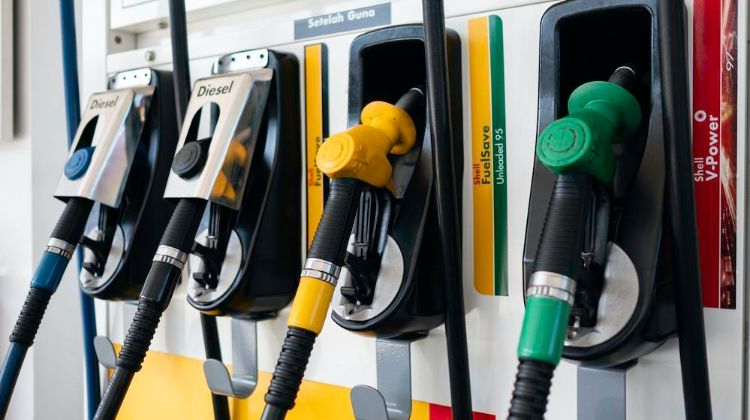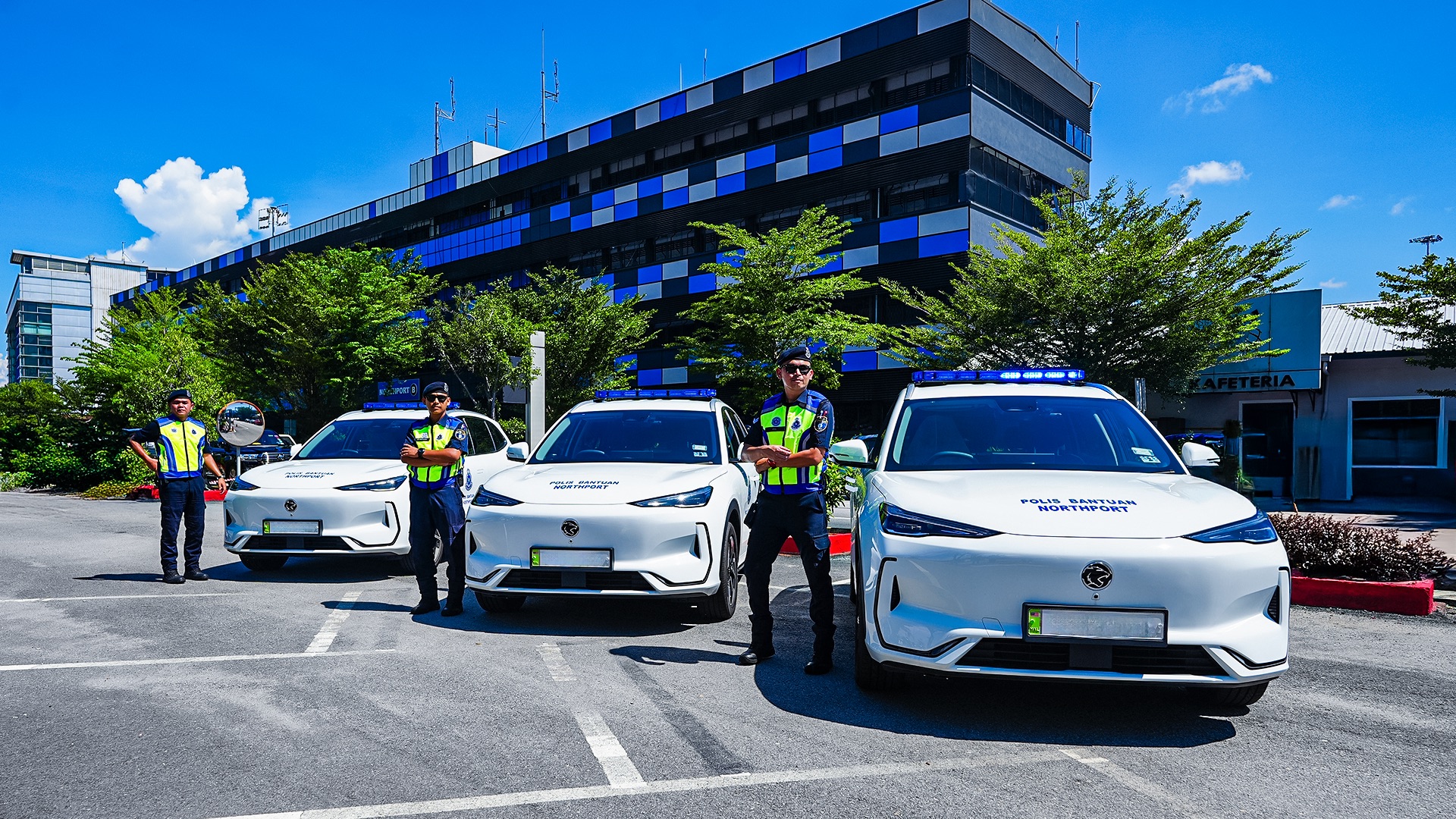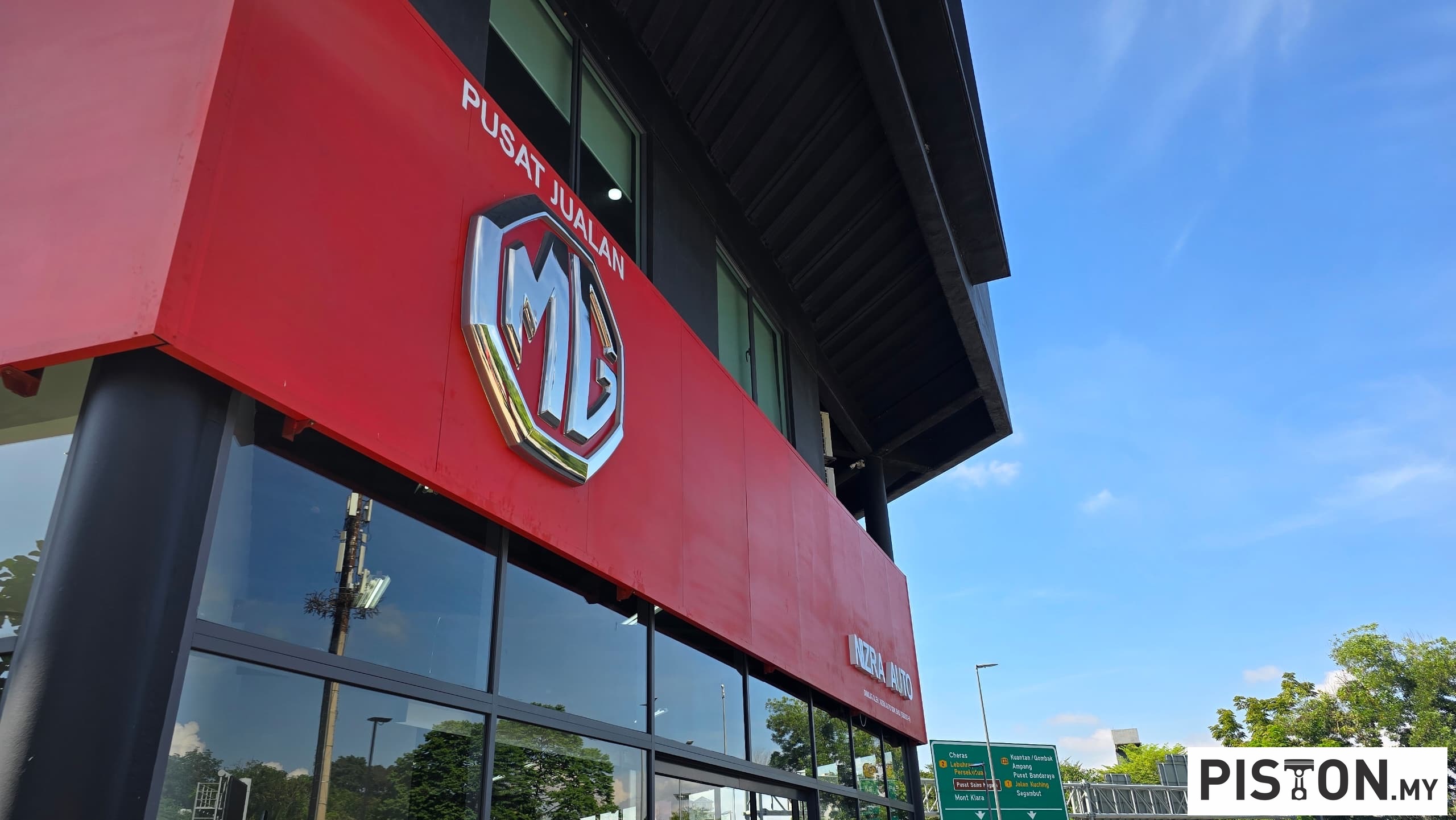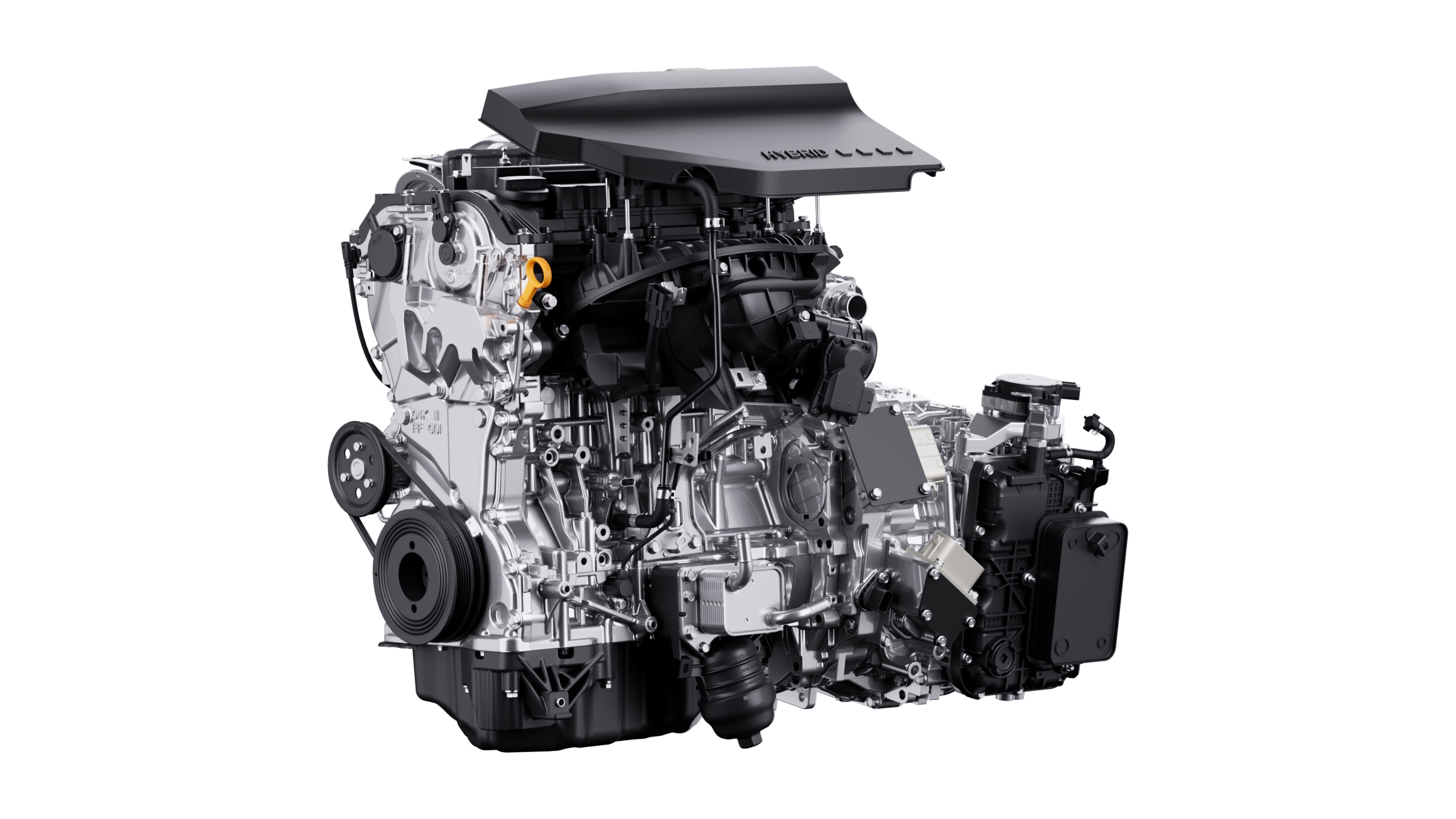In an interview with Bloomberg on Tuesday, Economy Minister Rafizi Ramli reaffirmed the government’s decision to cut fuel subsidies this year as part of efforts to reduce the national fiscal deficit.
As reported by The Star, Rafizi emphasised the necessity of implementing the subsidy cuts to “manage the sequence” effectively, particularly in light of looming inflation risks. The move aligns with the government’s targeted RON95 subsidy programme planned for the second half of 2024, aimed at optimising resources for those most in need.
Highlighting concerns over the distribution of blanket fuel subsidies, Rafizi noted that the top 20 (T20) income group currently receives 53% of these subsidies. He stressed that such blanket subsidies, particularly on RON95 fuel, have accounted for a significant portion of the total RM81 billion in subsidies disbursed in 2023.
The government aims to narrow the budget deficit to 4.3% of gross domestic product (GDP) this year, compared to 5% in 2023. Rafizi emphasised the importance of adhering to a certain timeline to achieve this fiscal target.
Despite the ringgit sliding to RM4.78 against the US dollar on Tuesday, nearing its record low, Rafizi remains optimistic. He assured that the fluctuations have not deterred foreign investors or hindered the government’s ambitions, particularly in long-term restructuring efforts.
Rafizi underscored the government’s commitment to fostering a vibrant startup ecosystem, highlighting Malaysia’s potential as a hub for technology and digital sectors. He emphasised the importance of leveraging inherent advantages to establish Malaysia as a top destination for startups and innovation.
As the government presses forward with its fiscal measures and economic initiatives, Rafizi remains confident in Malaysia’s ability to navigate challenges and emerge stronger in the global arena.





















